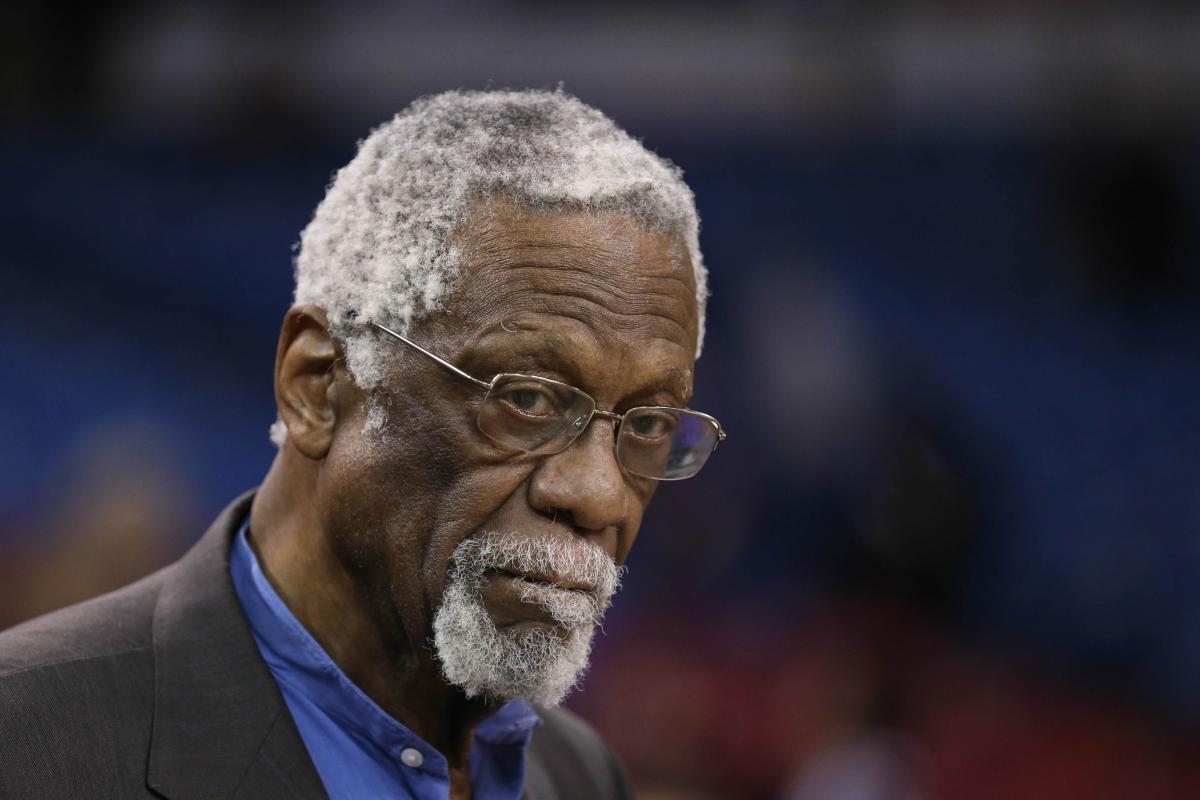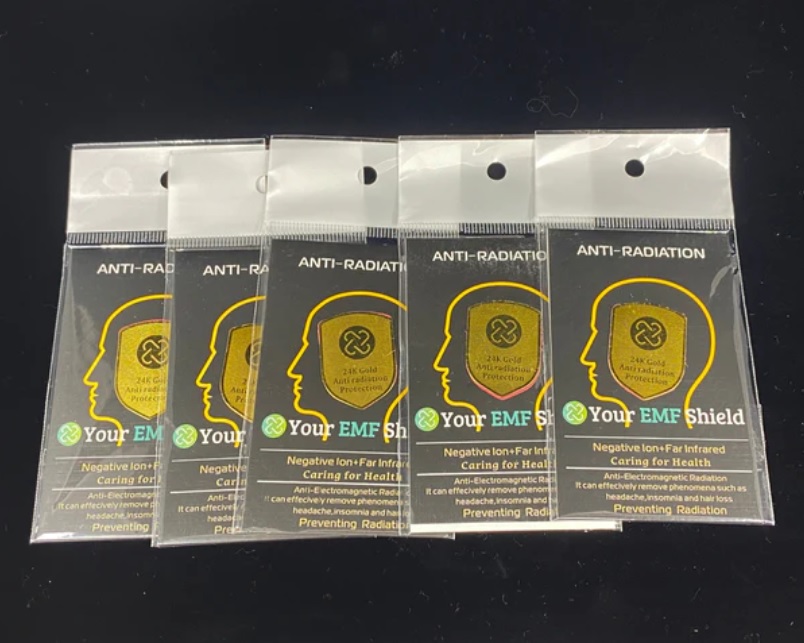Bill Russell was born in West Monroe, Louisiana in 1934. He spent part of his childhood in the state, a state that was one of the most violent toward Black people. From 1882 to 1936 alone, according to the site 64parishes.org, which covers the state’s history, an estimated 4,673 people were lynched across the United States. Some 389 of them occurred in Louisiana alone, and 333 of those were committed against Blacks. Georgia, Mississippi and Texas were the only states that saw more people lynched.
Unfortunately, like many Black Southerners, Russell’s parents had earned advanced degrees in living with the horrors of Jim Crow. His father had a shotgun shoved in his face at a gas station because he didn’t want to wait for white customers to be served first. His mother was called a racial slur when she wore a dress that a racist sheriff deemed too fancy for Black women.
Russell saw the strength of his parents and he would never forget their dignity. He became them. He became a fighter, a symbol of strength and honor, not just a man of great decency but a warrior who spent his entire life, from the University of San Francisco, where he was jeered by white students, to the Boston Celtics, and beyond, fighting racial injustice.
Russell has died at the age of 88. The announcement was posted on his Twitter account.

OBITUARY: Celtics legend Bill Russell, 11-time NBA champion, dies at 88
REACTION: Basketball world reacts to the death of Celtics great, NBA pioneer Bill Russell
OPINION: Reporters aren’t in awe of subjects we cover, except when it’s someone like Bill Russell
Russell’s death is sad but it is also a time to honor him as one of the great civil rights leaders and human beings of our time.
Russell was an 11-time NBA champion, won the MVP five times, was an Olympic gold medalist and twice won the NCAA championship.
His basketball accomplishments were galactic but what Russell understood, even as he was being called the N-word by Celtics fans, or hotels refused to allow him and other Black NBA players to stay at their establishments, was that he could use his incredible basketball power and fame as fuel to fight civil rights battles. Athletes like Russell, Muhammad Ali, Jim Brown, Kareem Abdul-Jabbar and others were key in these battles.
Russell fought these fights on national and personal stages. The racism he faced in Boston was pervasive and extensive.
“In the 1960s, I tried to move to Wilmington, MA, but nobody would sell me a house,” he wrote in Slam Magazine in 2020. “So, I moved my family to Reading, a predominantly white town 16 miles north of Boston. Bigots broke into the house, spray-painted (the N-word) on the walls, s–t in our bed. Police cars followed me often. I looked into buying a different house in a different neighborhood, but people in that neighborhood started a petition to persuade the seller not to sell to me. Around this same time Medgar Evers was murdered by the KKK. His brother, Charlie, asked me if I would do a series of integrated basketball clinics for children, which I did. I marched in Washington, supported Ali. After that, the death threats started coming. I said then that I wasn’t scared of the kind of men who come in the dark of night. The fact is, I’ve never found fear to be useful.”
One of the pivotal moments of Russell’s civil rights career was the Cleveland Summit, which happened in 1967, and featured 11 prominent Black athletes with Russell being one of them. Ali had declined to fight in the Vietnam War and it’s difficult to put into words how unpopular this made Ali with many white Americans, and by publicly joining him in a show of support, this would potentially impact Russell as well. He didn’t care.
“Bill was a key part of that meeting, obviously,” Brown once told me. “Bill was as brave fighting racism as any man I’d ever known.”
Russell attended the 1963 March on Washington where Martin Luther King Jr. made his iconic “I Have A Dream” speech.
“When I heard the speech, I had no idea that the words of that speech would last as long as they did,” Russell told USA TODAY Sports in 2011. “It never occurred to me it would be quoted 50 years later.”
Russell’s life of civil rights activism was recognized in 2011 when he received the Presidential Medal of Freedom from Barack Obama.
What a moment it must have been for Russell, who watched his parents fight segregation, to receive such an honor from the first Black president.
“I hope that one day in the streets of Boston, children will look up at a statue built not only to Bill Russell the player, but Bill Russell the man,” Obama said.
“Bill stood for something much bigger than sports: the values of equality, respect and inclusion that he stamped into the DNA of our league,” said NBA Commissioner Adam Silver in a statement. ” At the height of his athletic career, Bill advocated vigorously for civil rights and social justice, a legacy he passed down to generations of NBA players who followed in his footsteps,” Silver said. “Through the taunts, threats and unthinkable adversity, Bill rose above it all and remained true to his belief that everyone deserves to be treated with dignity.
You’ll hear about Russell’s basketball career. And of course it was historic and important.
But what Russell did as a Black man, fighting racism, his entire life, was what made him special. It made him a giant in more ways than one.
This article originally appeared on USA TODAY: Bill Russell was one of the great civil rights heroes of our time




